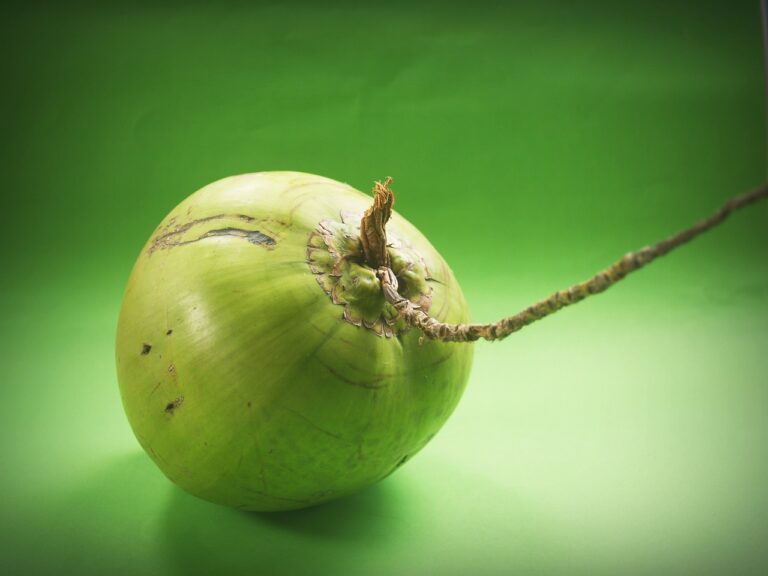Health Benefits of Traditional Mediterranean Cuisine
The Mediterranean diet is renowned for its emphasis on fresh, wholesome ingredients that offer a wealth of health benefits. Rich in antioxidants, vegetables like tomatoes, spinach, and bell peppers are staples in Mediterranean cuisine. These vegetables provide essential vitamins and minerals, such as vitamin C and potassium, which support overall well-being.
Another key component of the Mediterranean diet is seafood, particularly fatty fish like salmon and sardines. These fish are abundant in omega-3 fatty acids, which are known for their anti-inflammatory properties and their role in promoting heart health. Incorporating seafood into meals not only adds a delicious flavor profile but also contributes to a balanced diet rich in essential nutrients.
How Olive Oil Promotes Heart Health
Olive oil is a staple in traditional Mediterranean cuisine and is renowned for its numerous health benefits, particularly its role in promoting heart health. The key component in olive oil that makes it beneficial for the heart is monounsaturated fats, specifically oleic acid. This type of fat helps to lower bad cholesterol levels in the blood, reducing the risk of heart disease and stroke.
Furthermore, olive oil is rich in antioxidants, such as polyphenols and vitamin E, which have anti-inflammatory properties that protect the heart and blood vessels from damage. These antioxidants help to reduce oxidative stress and inflammation in the body, both of which are linked to an increased risk of heart disease. Incorporating olive oil into your diet as a primary source of fat can contribute to a healthier heart and overall well-being.
How does olive oil promote heart health?
Olive oil is rich in monounsaturated fats, which are known to lower LDL cholesterol levels and reduce the risk of heart disease.
What other nutrients are found in traditional Mediterranean cuisine that contribute to heart health?
Traditional Mediterranean cuisine is rich in fruits, vegetables, whole grains, legumes, and fish, all of which are packed with heart-healthy nutrients like antioxidants, fiber, and omega-3 fatty acids.
How much olive oil should I consume to see heart health benefits?
The American Heart Association recommends consuming about 2 tablespoons of olive oil per day to lower the risk of heart disease.
Can olive oil be used for cooking at high temperatures?
Yes, olive oil has a high smoke point, making it suitable for cooking at high temperatures. However, extra virgin olive oil is best used for drizzling over salads or dipping bread due to its delicate flavor.
Are there any other health benefits associated with consuming olive oil?
Yes, in addition to promoting heart health, olive oil has been linked to reducing inflammation, improving cognitive function, and aiding in weight loss.





